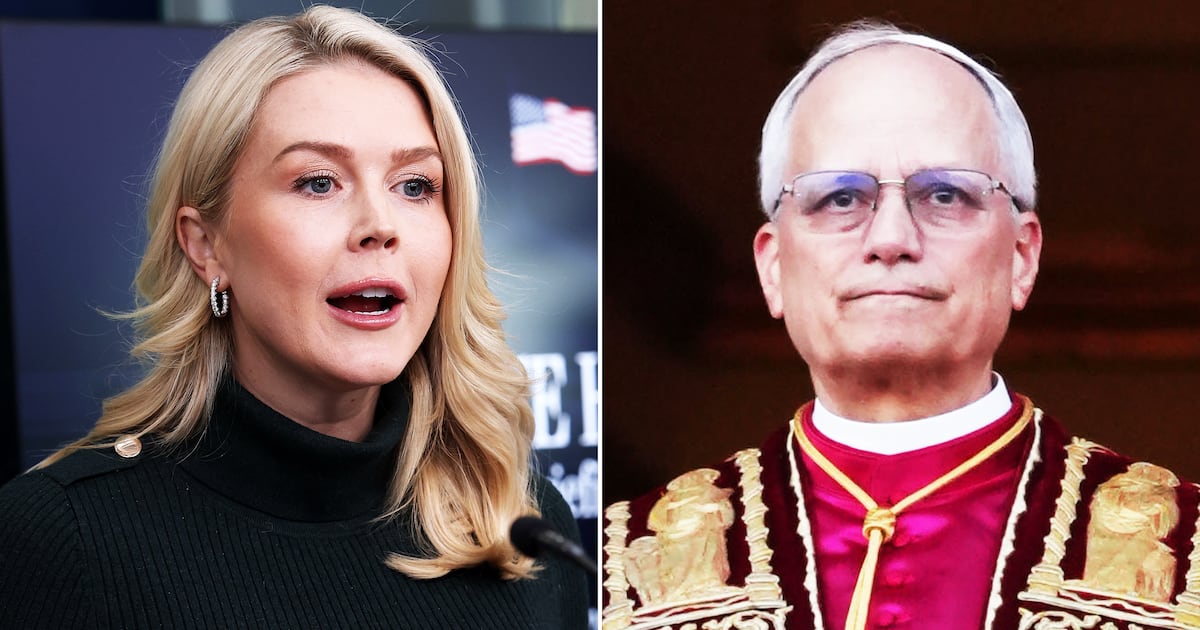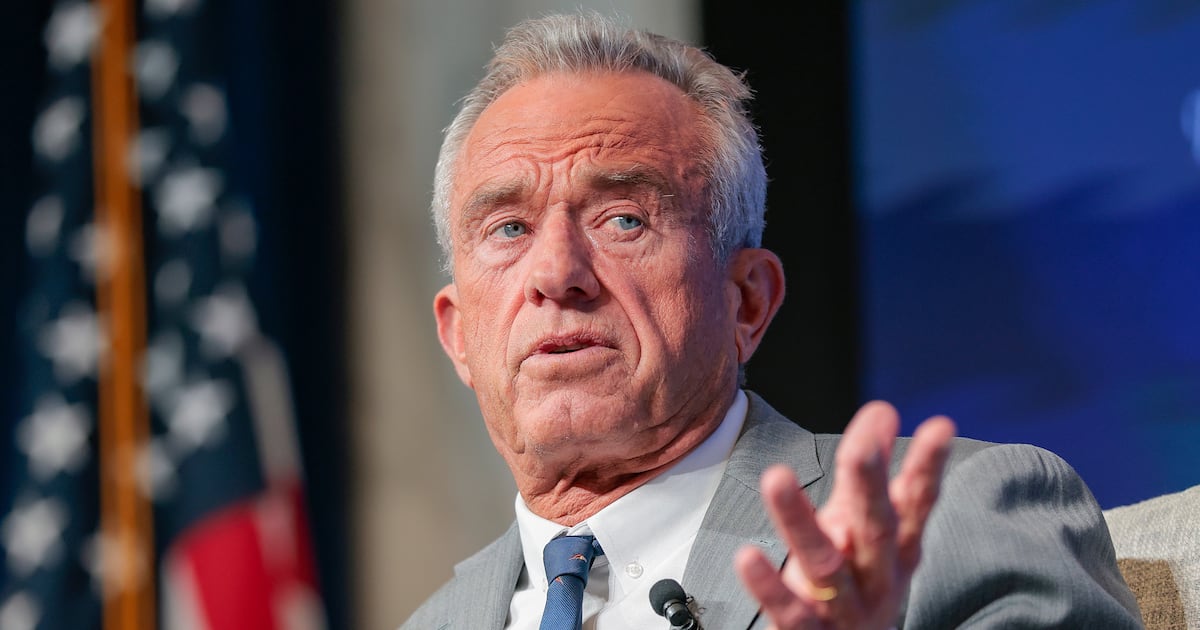Resourceful. Mysterious background. Domineering. Dark features. Maybe a little grumpy at a party.
Sound familiar?
In truth we could be describing anyone from Sherlock Holmes to Indiana Jones, Edward Cullen to Fifty Shades of Grey’s titular S&M-loving CEO, Christian Grey. But in many respects the original difficult-to-understand and jerky-on-the-surface romantic hero sprang from the loins of one undeniable and instantly recognizable source. We speak, of course, of Mr. Darcy— Fitzwilliam to friends.
Before he burst forth from the lake in the 1995 BBC miniseries starring Colin Firth, Elizabeth Bennett’s unflappable love interest from Jane Austen’s 1813 masterpiece Pride & Prejudice set a new paradigm as to what makes a male desirable. Once he showed up, unknowable would forever trump accessible. A bit cold seeming at first? As long as he’s morally strong underneath.
“Darcy offers a new take on what it means to be a good and gentle man,” writes Appalachian State assistant professor Jennifer Preston Wilson. “In Austen’s time, an eager desire to please had begun to signal danger much more than it counted as an asset. As an alternative to the gallant address of courtly-love traditions—a solid, undemonstrative demeanor was coming into favor.”
While it may be hard to label someone as handy with a whip as Christian Grey undemonstrative, Fifty Shades of Grey’s emotionally wounded hero can certainly call Mr. Darcy a progenitor. In that respect, he is not unlike most romantic heroes of the 20th century. Without Darcy, it’s safe to say we would have no Fonzie, much less a Mr. Big. And we can pretty much thank Darcy for all those brooding vampires, Edward especially.
The fact that Darcy has been held up as a romantic ideal for so long in literature and pop culture has not made life easy for real world men. “On the one hand, women say they want men who are emotionally intelligent, sensitive, flexible, who enjoy sharing equally and are fun to be with,” wrote Cherry Potter in the Guardian essay “Why do we still fall for Mr Darcy?” “But these same women are swooning over a fictional character who is the epitome of the dominant patriarchal male. No wonder men are confused.”
There are countless theories as to the nature of Darcy’s difficult-to-pin-down personality. While many diagnose his shy and initially off-putting personality as the result of depression, in her 2007 book So Odd a Mixture: Along the Autistic Spectrum in ‘Pride and Prejudice,’ academic Phyllis Ferguson Bottomer posited a more radical theory. “It is not pride but subtle autism that is the major reason for Darcy’s frequent silences, awkward behavior at social events,” writes Bottomer.
In Christian Grey, the Darcy archetype gets one of its more extreme makeovers. Not only is the domineering power of his personality made literal, but his tragic and tortured backstory makes him all the more relatable. But underneath all of Grey’s suffering and pride, a man just as dependable as Darcy is longing to surface, and that’s why he’s so appealing.
So when we go to see the movie “Yes, it’s to ogle Jamie Dornan,” writes sex and couples therapist Stephen Snyder in Psychology Today. “But it’s also to see him suffer. Remember: Fifty Shades is a romance novel—the most popular literary genre in the world. Strong, worthy men willing to be tested to prove how deeply they can love.” Mr. Darcy would approve.





